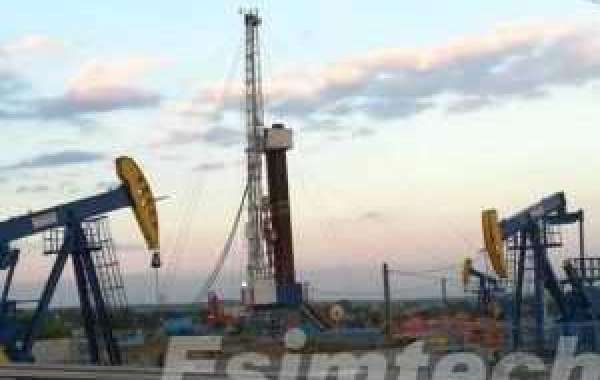Environmental Concerns and Regulations
Downhole operations can contribute to environmental issues in several ways:
Water usage: Hydraulic fracturing, a commonly used technique for stimulating well production, requires vast amounts of water, raising concerns about water scarcity in certain regions.
Greenhouse gas emissions: Methane, a potent greenhouse gas, can leak throughout the drilling and production process, contributing to climate change.
Waste management: Drilling fluids, produced water, and other waste materials generated during downhole operations need proper disposal to prevent contamination of soil and water resources.
To address these concerns, stricter regulations are being implemented globally, prompting the industry to adopt more sustainable practices.
Strategies for Sustainable Downhole Operations
Several promising strategies are being explored to minimize the environmental footprint of downhole operations:
Water management: Closed-loop drilling systems are being developed to significantly reduce freshwater consumption by recycling and reusing drilling fluids.
Emissions reduction: Technologies like methane capture and utilization aim to capture and utilize leaked methane instead of releasing it into the atmosphere.
Waste minimization: Innovative drilling fluids and well completion techniques are being developed to minimize waste generation and simplify disposal processes.
Renewable energy integration: Utilizing renewable energy sources like solar or wind power to power downhole operations can significantly reduce the industry's carbon footprint.
Challenges and the Road Ahead
Implementing these sustainable practices presents various challenges:
Cost: Implementing new technologies and adopting sustainable practices often comes with higher upfront costs, requiring collaboration between industry players, governments, and technology developers to make them economically viable.
Infrastructure: Scaling up these solutions and creating the necessary infrastructure to support them might require significant investments and time.
Regulation: Clear and consistent regulations are essential to incentivize and enforce sustainable practices across the industry.
Despite these challenges, the oil and gas industry is steadily moving towards more sustainable downhole operations. Continuous innovation, collaboration, and a commitment to environmental responsibility are crucial for ensuring the long-term sustainability of this vital sector while minimizing its environmental impact.








